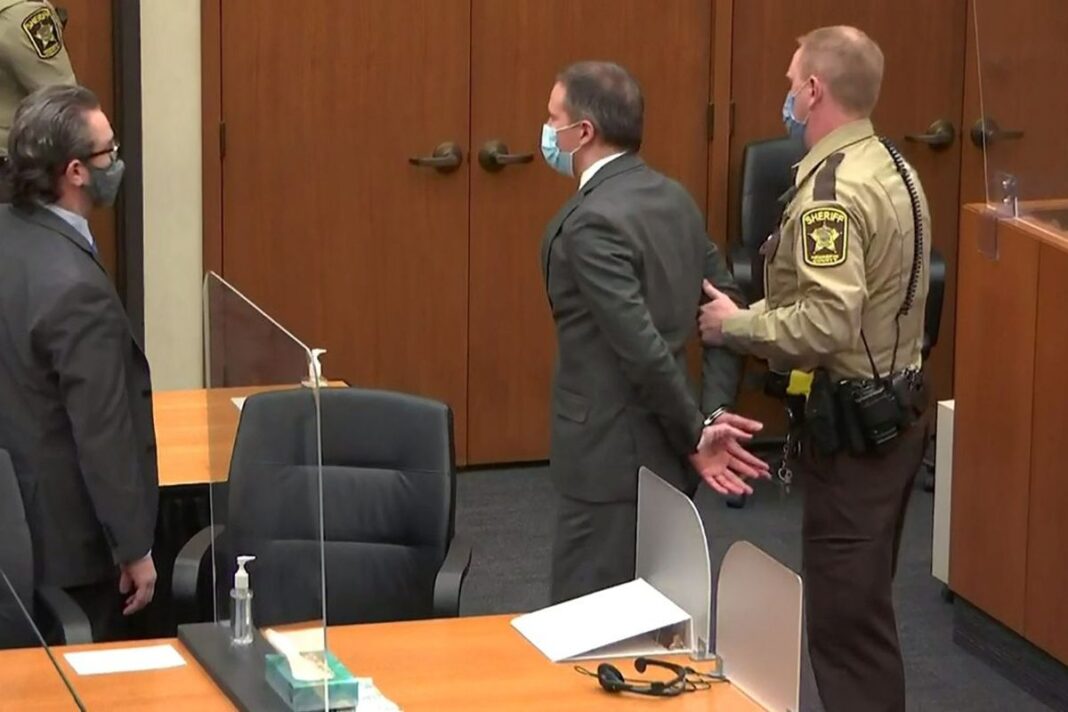The following excerpt about Henry Kissinger is taken from Peter Schweizer’s book Red-Handed: How American Elites Get Rich Helping China Win.
Henry Kissinger, the dean of American diplomats, once confided in a colleague his concerns about the challenge that Beijing would present to the United States. “When [the Chinese] don’t need us,” he reportedly said, “they are going to be very difficult to deal with.”
Apparently, until that time comes, there is no reason not to cash in.
Kissinger pioneered the idea of cashing in by using the relationships he had forged serving as America’s chief diplomat. Kissinger was the national security advisor to President Richard Nixon, and later secretary of state under Nixon and later President Gerald Ford. Most important, he had impeccable ties in the country that he had helped open in 1972: China. It was Kissinger, after all, who had conducted the secret diplomacy with Chinese officials beginning in 1971 that led to the restoration of diplomatic ties between the two countries in 1972. As a result, he is revered in Chinese government circles. Kissinger, in return, was awed by Chinese leaders. “No other world leaders have the sweep and imagination of Mao and Chou [Zhou] nor the capacity and will to pursue a long-range policy,” he marveled to Nixon after one meeting in Beijing. Chairman Mao was apparently less impressed. He reportedly told British prime minister Edward Heath that Kissinger was “just a funny little man. He is shuddering all over with nerves every time he comes to see me.”
When he left government service in 1977, Kissinger had spent his entire career in academe and government. Now it was time to make some money. “Making money is actually boring, even if it is necessary,” he reportedly told Soviet foreign minister Andrei Gromyko in their last meeting.
In July 1982, he launched Kissinger Associates as an active business. Kissinger had no legal training and no background in finance, so the prospect of joining a high-powered law firm or investment bank was not an option. But he had something more important than both of those qualities: he had unparalleled relationships overseas—especially important were impeccable ties in Beijing.
Kissinger was clearly a regime favorite. As a private citizen, he repeatedly visited Beijing at the invitation of the Chinese government, often meeting with Deng Xiaoping and other Chinese leaders.
China in the early 1980s was still off the beaten path for many Western corporations. There can be little doubt, though, that many corporate leaders saw the massive potential in a market of one billion people. The work of Kissinger Associates included opening doors for foreign clients, but his most important and lucrative role was cutting through government regulations in Beijing. To do business in China, for example, you needed government endorsement and approval. As one Indian scholar allows, for Kissinger, this “often involved making a few well-placed phone calls to friends in top government positions.”
At the same time, Kissinger was a widely cited spokesman and commentator on foreign affairs, appearing on network television, in America’s leading newspapers, and of course in America’s bookstores. Kissinger seemed to ride these two horses at once until the tragic events of June 1989 put him in an awkward position. That was when the People’s Liberation Army marched into Tiananmen Square. The conflict resulted in the deaths of thousands of peaceful protestors. As events unfolded, Kissinger went on ABC News, where anchor Peter Jennings asked him: “What should America do?” Kissinger was calm and noted that we needed to maintain close relations and “I wouldn’t do any sanctions.” ABC News was paying him $100,000 a year at the time to provide insight and commentary on world events. In his newspaper columns, Kissinger took the same line, explaining that while he was “shocked by the brutality” of what had happened, we needed to view it as “an internal matter.”
Kissinger defended the Chinese government’s actions, strangely arguing, “No government in the world would have tolerated having the main square of its capital occupied for eight weeks,” and that “a crackdown was therefore inevitable.” How the United States responded was key, he argued, rejecting economic sanctions and suggesting that we could not do much. Doing little was “a test of our political maturity.” Above all, he maintained, it was “too important for American national security to risk the relationship on the emotions of the moment.”
What Kissinger did not disclose at the time was that while he was discussing China matters seemingly as a detached scholar or analyst, he was simultaneously neck-deep in commercial deals involving the Chinese government. Kissinger had worked with Atlantic Richfield, the energy company, to negotiate a deal with the Chinese government. When International Telephone and Telegraph (ITT) wanted to hold a board meeting in Beijing, he found a government agency that would act as their host. H. J. Heinz executives were trying to set up a baby food factory in China, and Kissinger helped the company navigate through the cobwebs of the Chinese bureaucracy. American International Group (AIG), where he was chairman of the international advisory board, wanted licenses in Shanghai while constructing an office tower. Bottom line, Kissinger had a reputation for being able to bring clients to Beijing and get them meetings with the top Chinese officials. Condemning the Tiananmen Square massacre too much would cost him access.
In fact, in December 1988, just six months before the horrific event, Kissinger launched a limited investment partnership called China Ventures. It was supposed to be a vehicle for U.S. corporations to invest in joint ventures with the Chinese government. Kissinger was the firm’s chairman, CEO, and general partner. The deal promised to be enormously lucrative for Kissinger: he was to receive management fees topping more than $1 million a year and 20 percent of profits after investors got an 8 percent return on their investment.
As Kissinger went on network television urging inaction in the face of the massacre, word got out about his deals in Beijing. Rather than address them, he described the criticisms as “McCarthyism,” insisting there was no link between his views on China and his business ventures.
Kissinger’s reputation survived the substantial conflict of interest. And he continued to work hard shaping and steering America’s approach to China over the course of the next several decades. And more deals came.
In February 1995, Speaker of the House Newt Gingrich visited Taipei and argued that Taiwan should be admitted to the United Nations. Beijing, of course, was outraged. They viewed Taiwan as a province of China, not as an independent country. Kissinger “personally admonished” Gingrich for suggesting such a thing.
In 1997, Kissinger became a crucial advisor to a corporate lobbying group that wanted better U.S.-China relations and was eager for China’s admission into the World Trade Organization. At the time, Justice Department officials argued that his activity “strains the limits of lobbying disclosure laws and possibly violates the Foreign Agents Registration Act.”
Still, he continued to appear before the public as an impartial analyst on U.S.-China relations. At various times, he was a paid media commentator by ABC News, CBS, and CNN. In a few instances, he was forced to disclose his commercial links to Beijing. In a 2005 piece for the Washington Post, he explained that containment of China was not needed and would not work. He added: “Before dealing with the need of keeping the relationship from becoming hostage to reciprocal pinpricks, I must point out that the consulting company I chair advises clients with business interests around the world, including China. Also, in early May I spent a week in China, much of it as a guest of the government.”
Kissinger’s relationship with the Beijing regime includes more than just informal consultations and help with his clients. The Chinese government appointed Kissinger to the international advisory council of the China Development Bank (CDB), a government-backed bank erected to compete with Western financial institutions like the World Bank.
Kissinger has helped in other ways, too. He has used his prestige as an added gloss to Chinese government-backed events. In 2009, the Chinese government established the China Center for International Economic Exchange (CCIEE), which the government’s central planning agency oversees. Indeed, Chinese premier Wen Jiabao created the organization by directive. The organization’s personnel office also serves as the office of its Party Committee’s Discipline Inspection Committee—which should tell you everything you need to know about who controls the organization. CCIEE organized “a major international conference” with Bloomberg, and Henry Kissinger served as the conference’s advisory board chair. In his words, the purpose of the meetings was “making the national goals of China and the United States compatible.”
Kissinger was also given the honored title of “an old friend” of China, as one who has “rendered great help to China.” He is in a rarefied group.
When the Chinese government set up a think tank in Washington, D.C., called the Institute for China-America Studies, it did so in part to be “‘sending a clear message’ about Beijing’s claims on the South China Sea.” Beijing asserts territorial control over vast portions of the ocean, a claim rejected by the Philippines, Japan, Vietnam, and the United States. But Kissinger sent the organization a video message welcoming the new program.
Kissinger’s legacy as a major friend of China is well established in Beijing. As authors Clive Hamilton and Mareike Ohlberg put it, “Kissinger is a revered figure in CCP circles. It’s said that at the Central Party School in Beijing there is only one picture of a foreigner adorning the walls, that of Kissinger.”
Peter Schweizer is the president of the Government Accountability Institute, a senior contributor to Breitbart News, and the #1 New York Times bestselling author of Red-Handed: How American Elites Get Rich Helping China Win.





